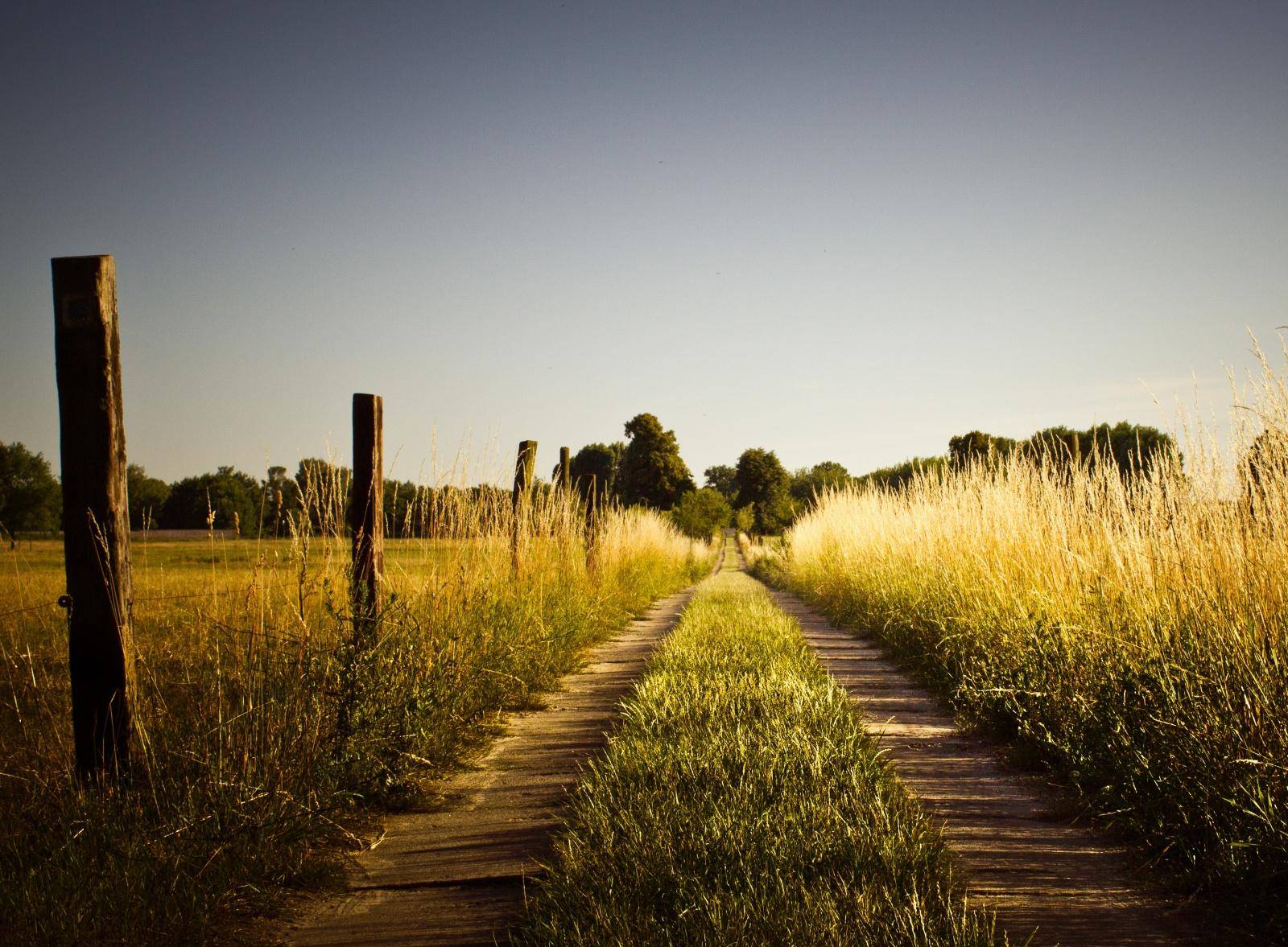|
Kingston, Texas
Kingston is on U.S. Highway 69 and
Farm roads 3427 and 903, Hickory Creek, and the
Missouri, Kansas, and Texas Railroad, ten miles
northwest of Greenville in northwestern Hunt County. The Cowleach Fork of the Sabine River runs a half mile south of the community. Kingston was founded as a depot on the Missouri, Kansas and Texas Railroad when the tracks were built from Denison to Greenville in 1880. Nick Hodges donated the land for the right-of-way and depot. In exchange he was allowed to name the station and chose the name Kingston, reportedly because he surrendered with his Confederate comrades at Kingston, Georgia.
After its founding Kingston grew rapidly. In 1880 a post office was established in the community with J. H. Maynard as postmaster. Merchants left such nearby communities as White Rock and Hog Eye for Kingston. From 1885 to 1897 Calhoun College was located in Kingston. The first paper in the community, the Kingston Beacon, was started in 1882 with G. H. Black as editor. In 1886, when the Gulf, Colorado and Santa Fe Railway asked for a bonus to bring the road through Kingston on its road from Wolfe City to Farmersville, citizens refused. The railroad located its junction with the Missouri, Kansas and Texas tracks three miles north, bought the surrounding land, and named the community Celeste.
Eventually many of Kingston's businesses moved to Celeste, and Kingston declined. In 1890 it had a population of 600, a steam cotton gin, a gristmill, three churches, a school, a hotel, a millinery, a saloon, and a dry-goods store. By 1914 it had a population of 300, several general stores, and a grocer. The post office was discontinued after 1930. Despite its decline Kingston remained a distinct community. In 1947 it was a flag stop and had a population of 150, two churches, a school, a cemetery, and a business. Located south of town on Cow Leach Fork was the Harrell Campground, a Methodist summer meetingplace. In 1990 and again in 2000 the population of Kingston was 140.
BIBLIOGRAPHY: W. Walworth Harrison, History of Greenville and Hunt County, Texas (Waco: Texian, 1976). Quoted from Handbook of Texas On Line
Read more about Calhoun College

First Baptist Church Historical Marker

Audie Murphy Historical Marker

Audie Murphy Homeplace
|

